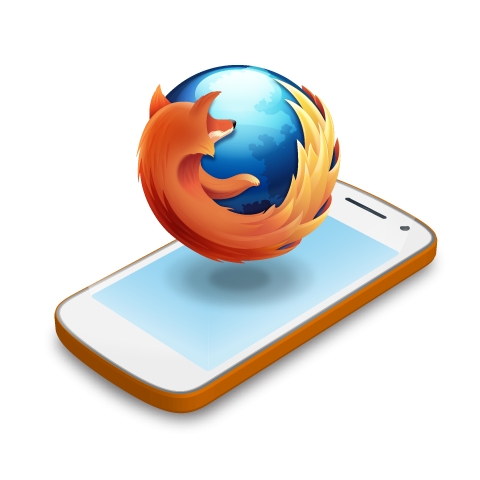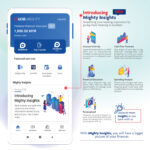By Cat Yong
Mozilla best known for their Firefox browser, has been working on a lightweight mobile OS that is expected to be commercial on handsets by 2013. Citing that it wants to avoid the “encumbrances of the rules and restrictions of existing proprietary platforms” they would also be working with OEM manufacturers and telcos directly.
At time of writing, ZTE has already come forward that they are working with Mozilla, and 3rd largest global telco, Telefonica even has revealed that their first Firefox-based device will appear in Brazil by Q1, 2013. Other carriers that have come behind the Firefox OS are Sprint, Deutsche Telekom, Smart, Telenor and Telekom Italia.
So far, more telcos than handset makers seem to be keen…
Besides being open, this new operating system claims to be able to offer customisation; OEMs and telcos can directly influence how it will work for their customers. After all, they themselves would know best about the specific needs of their subscribers and markets.
User experience and other developments
To date, only a prototype has been released.
The usual kinds of features have been revealed from various screen shots and vids circulating the Net; the Mozilla foundation has signed an exclusive deal with Qualcomm which will be powering Firefox-based mobile devices, and these devices are also currently targeting the low-end, cheaper smartphone segment.
Descriptions like “users and developers aren’t locked into one platform, so they can access their info and use apps across multiple devices” and “OEMs and operators are enabled to provide content and services across their entire device portfolio regardless of OS, as well as customise user experience, manage app distribution and retain customer attention, loyalty and billing relationship”, were intriguing to say the least.
 |
| Not just any other phone – but would Apple and Google be able to tell the difference?? |
To this writer, it seems as though Firefox has expanded upon the mobile browser for mobile devices. Now, what could that possibly be like? Have a taste here and here.
Google’s Chrome aimed to make Web browsing experiences about the content, by making the browser as non-intrusive and discreet as possible. With the Firefox OS, which was codenamed Boot To Gecko just before June this year, the ‘browser’ now appears to engulf the whole Web experience portion of mobile devices.
Another way to look at it is this: Firefox OS IS a HTML5-based Web browser, and it sits on top of an Android kernel, and all the features of the handsets are accessed through a browser. HTML5 applications being able to access the underlying capabilities of a phone like calling, messaging, simple PIM and so on, is a big deal, because they used to be only available to native apps. Now with Firefox OS, each and every phone capability like those mentioned, is an HTML5 application.
 |
| Every phone capability is a HTML5 app |
Using new Web standards, HTML5, and Mozilla-proposed standard APIs, this ‘operating system;’ if it can still be called that; will have the kind of apps that we can currently find on Google Play and App Store as well. They are HTML5-based (of course), so app porting across these platforms, would be easy.
Mozilla has also recently announced investment into Everything.me, developers of a HTML5-based dynamic mobile app platform. There aren’t any details yet, on how Mozilla would be integrating Everything.me into Firefox’s mobile operating system experience, but it seems likely to hit the ground running in 2013, with a ready ecosystem of content and applications for subscribers to immediately start playing with.
Will Firefox OS ever make it to Malaysia? Do we need continuous Internet connectivity to fully enjoy the experience? No doubt, Snapdragon chips will do their part, but how much bandwidth do we need for a seamless, non-laggy experience??
Perhaps the next question that begs to be asked is this: Would any of the big mobile device makers (Google, Apple) sue a non-profit foundation?









